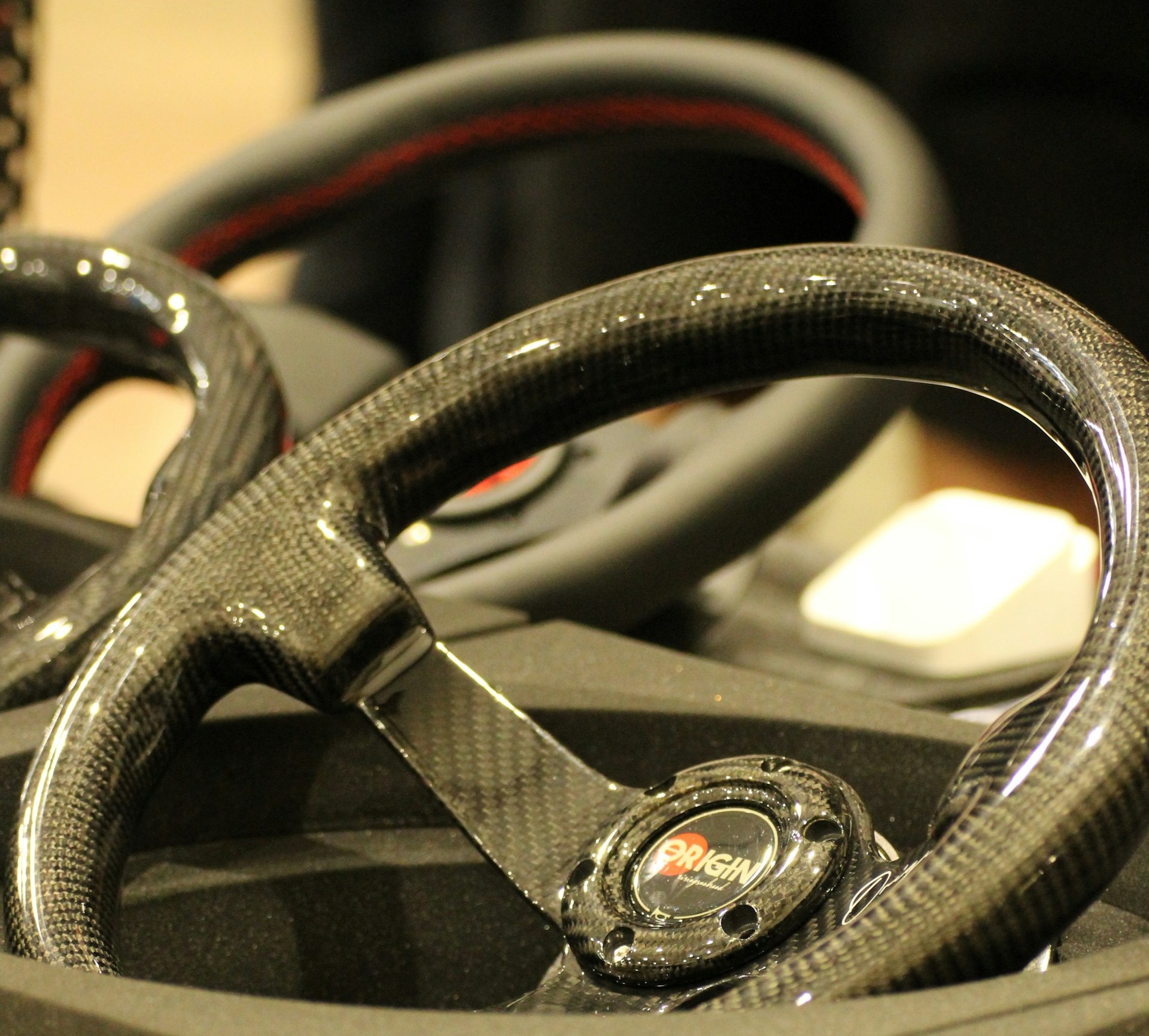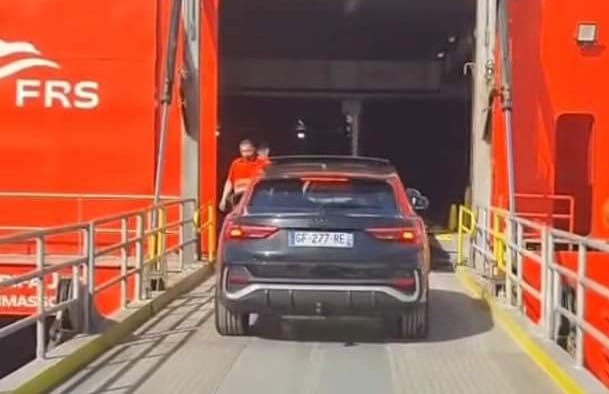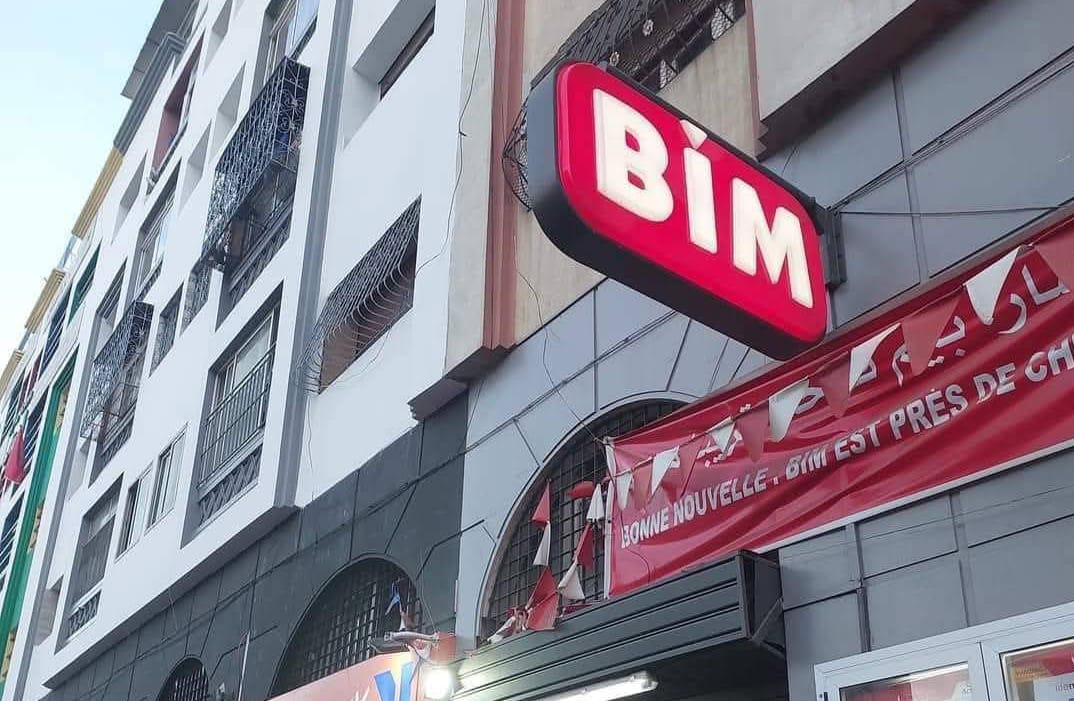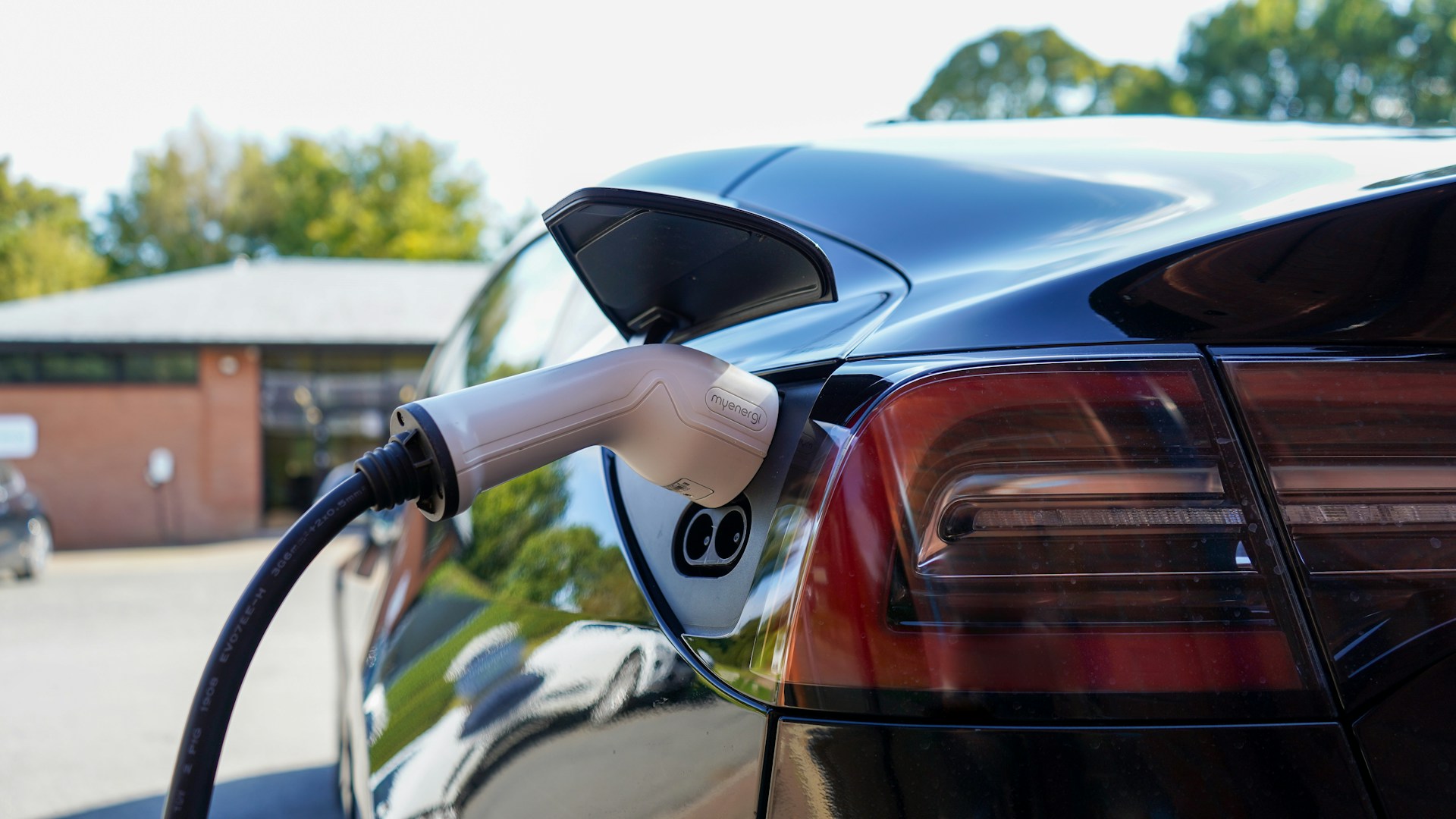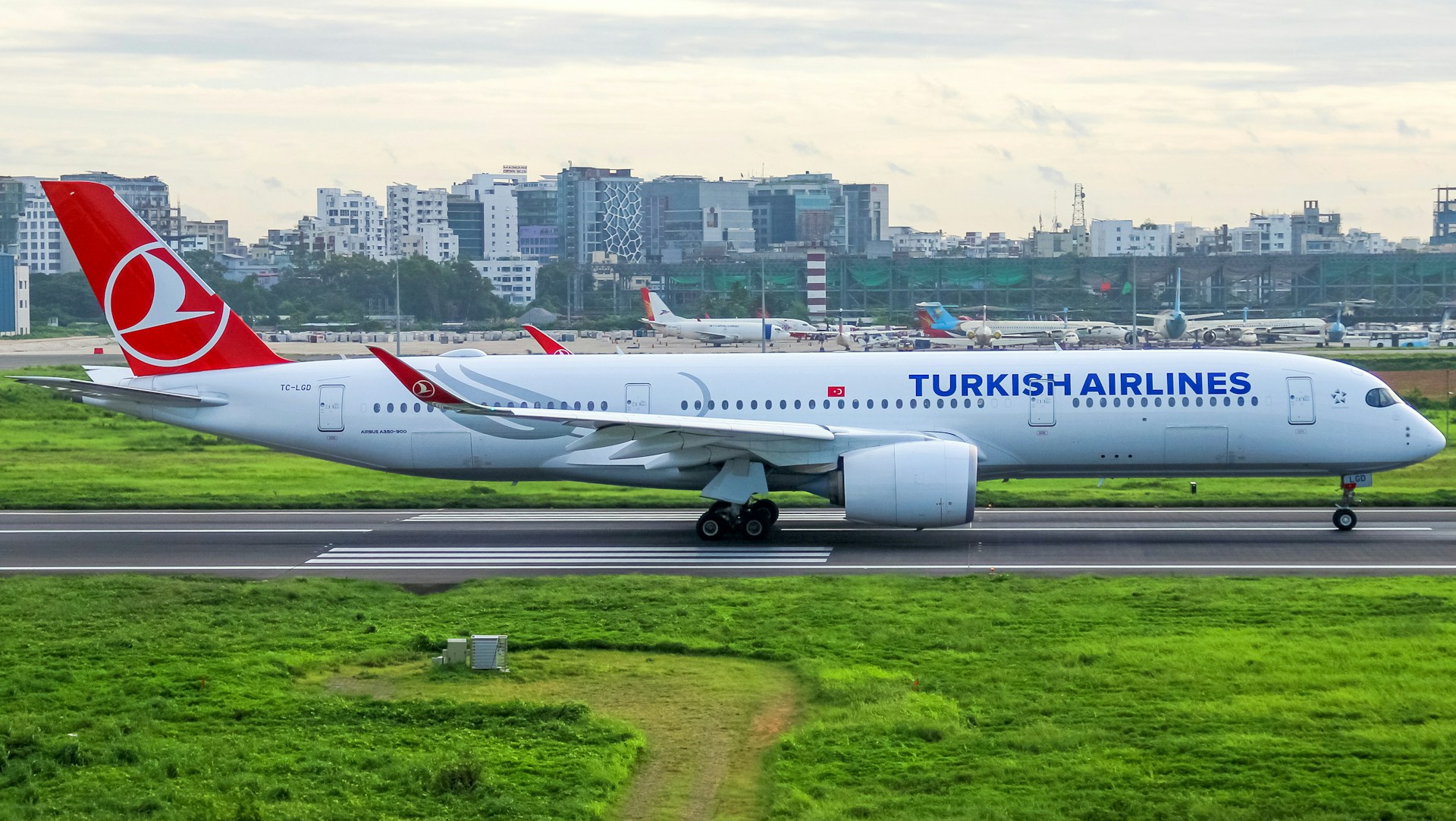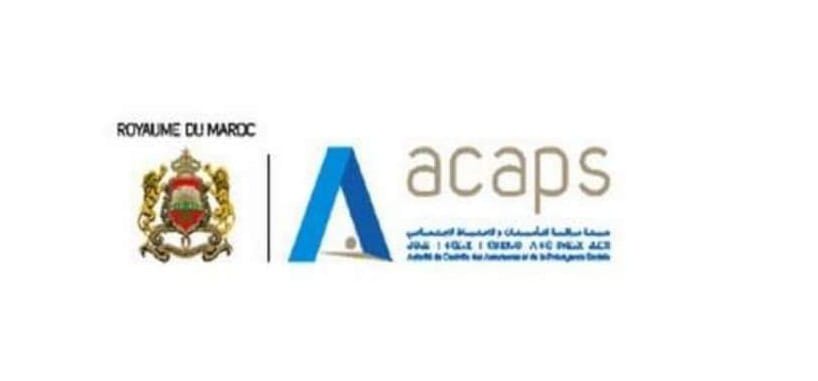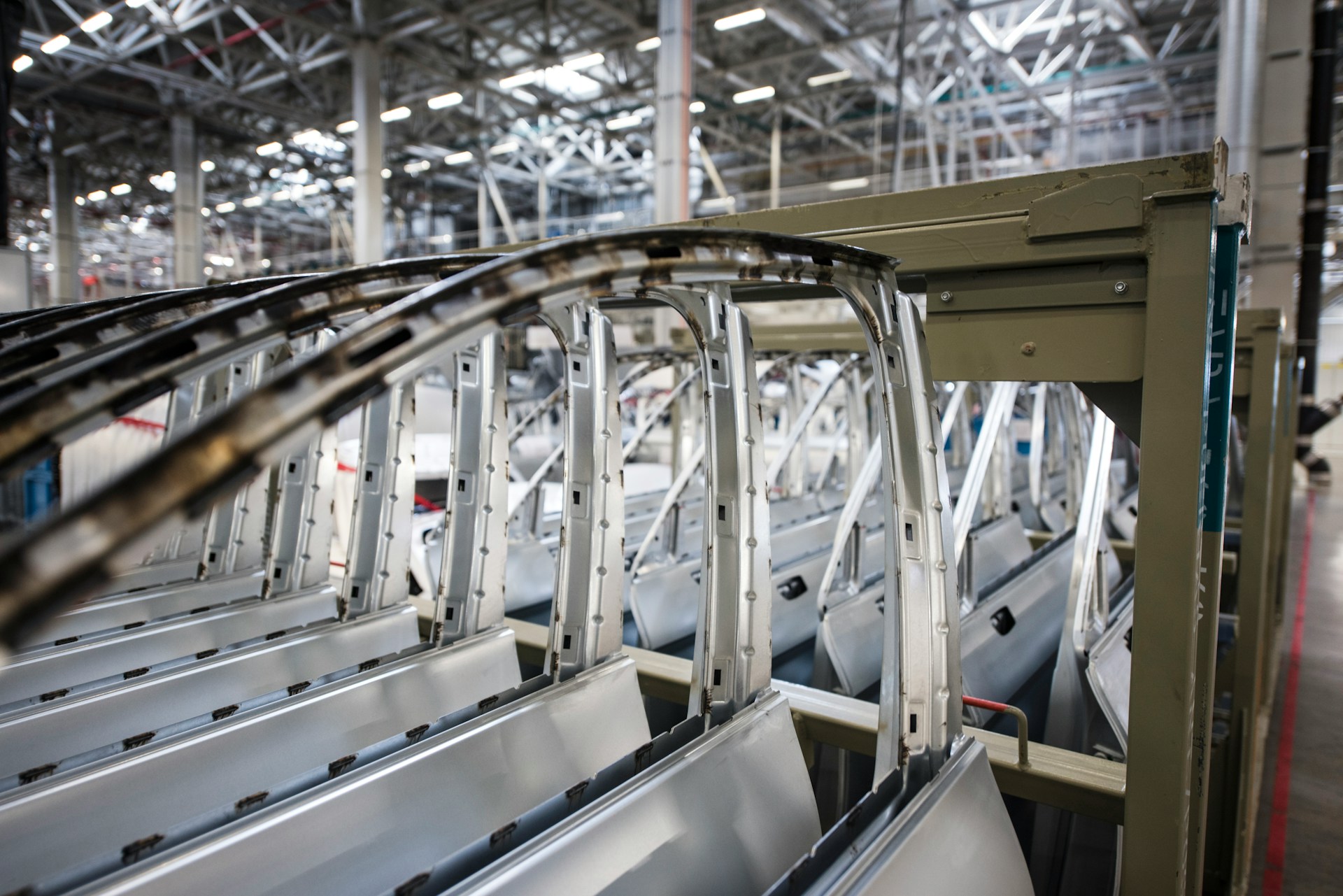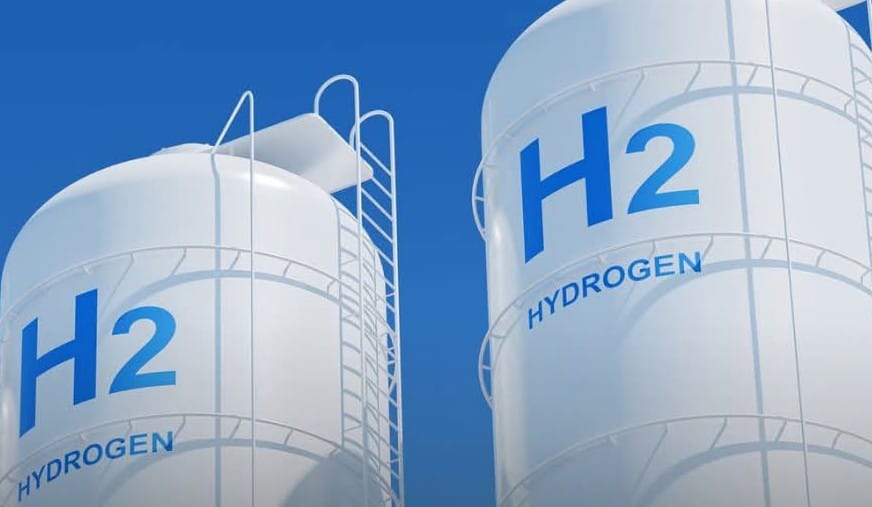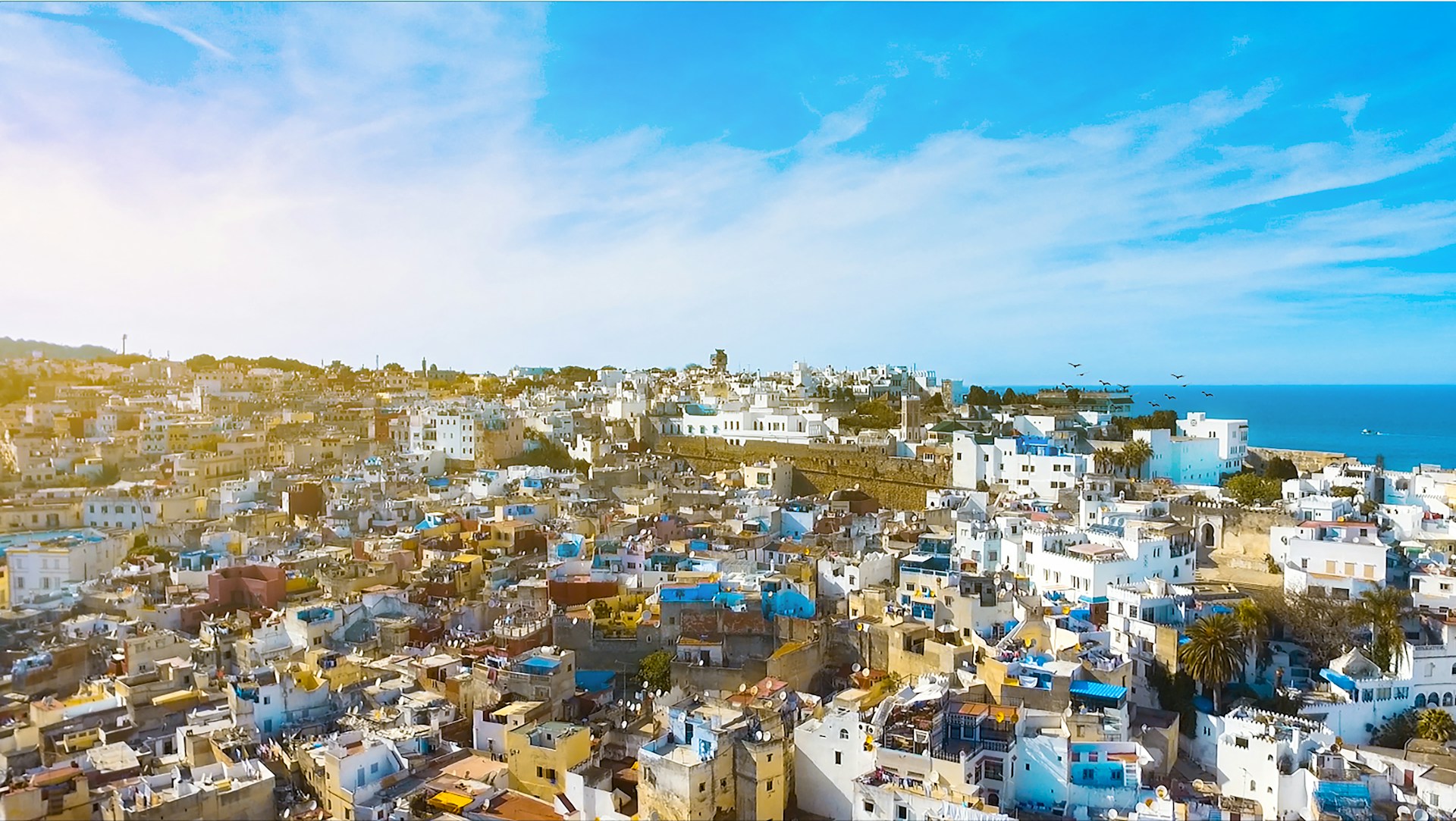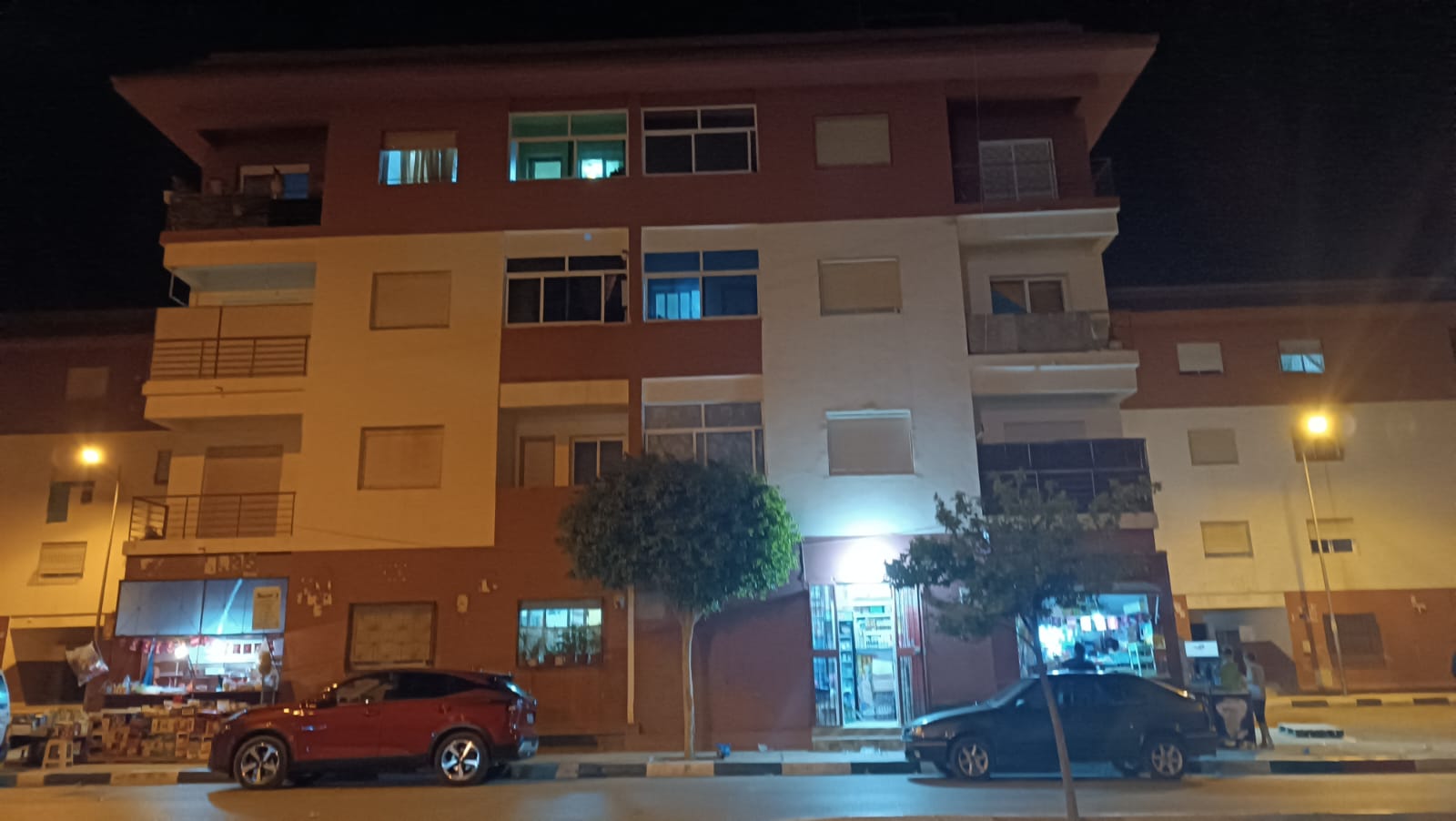Casablanca – The race to secure the concession for the maritime line connecting Tarifa, Spain, and Tangier Ville, Morocco, has escalated into a fierce competition between two Spanish maritime operators: Baleària and FRS Iberia Maroc, which recently partnered with DFDS. The concession for this strategic route is expected to play a critical role in enhancing passenger and trade connections between Europe and North Africa, especially as the region prepares for the 2030 FIFA World Cup, co-hosted by Spain, Portugal, and Morocco.
A competitive tender process
The Port Authority of the Bay of Algeciras (APBA) launched the bidding process to award Berth 3 at Tarifa Port, the docking point for the Tarifa-Tangier route. The line is vital for the annual Operation Marhaba, which facilitates the travel of millions of Moroccan expatriates, and is a key link for tourism and commerce between the two continents.
After a rigorous evaluation process, Baleària appears to have taken the lead, presenting what it describes as the most “sustainable and innovative” bid. The company’s $139 million proposal includes the construction of two zero-emission fast ferries, each capable of carrying 800 passengers. The vessels will be built at Astilleros Armon de Gijón in Spain and are expected to be operational within two and a half years.
Controversy and criticism
While Baleària has declared itself the provisional winner based on its economic and technical scores, the tender process is yet to be officially concluded. This announcement has drawn criticism from its competitor, FRS Iberia Maroc/DFDS, which has questioned the feasibility of Baleària’s plan.
In a statement, FRS highlighted concerns about “unrealistic projections and technical assumptions” in Baleària’s proposal, particularly regarding the electrification of the Tangier Ville port, a critical element for operating electric ferries. FRS contends that Baleària has not adequately coordinated with Moroccan authorities to ensure the infrastructure and energy supply required for its plan.
FRS also emphasized that its own bid adhered strictly to the tender requirements, proposing realistic traffic projections and technically viable solutions.
Key factors in the decision
The APBA’s tender process evaluates bids across three main categories: technical, economic, and operational feasibility. Baleària reportedly scored highest in the technical and economic evaluations, while FRS received higher marks in the operational segment, which is assessed more subjectively.
Both companies have highlighted their commitment to sustainability and innovation. Baleària has proposed electrifying ports and installing battery charging systems, while FRS emphasized its proven track record in managing traffic and operations on this key route.
Awaiting the final decision
The APBA has stated that the final decision will be announced in the coming days. Baleària, confident of its victory, has framed the potential award as a major step forward for Spanish innovation and maritime sustainability. Meanwhile, FRS continues to urge transparency and adherence to the tender’s terms, emphasizing the importance of selecting a realistic and viable operator for this critical route.
Broader implications
The concession for the Tarifa-Tangier Ville line represents more than a business opportunity. It is a pivotal link in the economic, cultural, and logistical ties between Spain and Morocco. As the final decision approaches, all eyes are on the APBA to ensure the process reflects fairness and fosters the growth of this crucial intercontinental connection.



